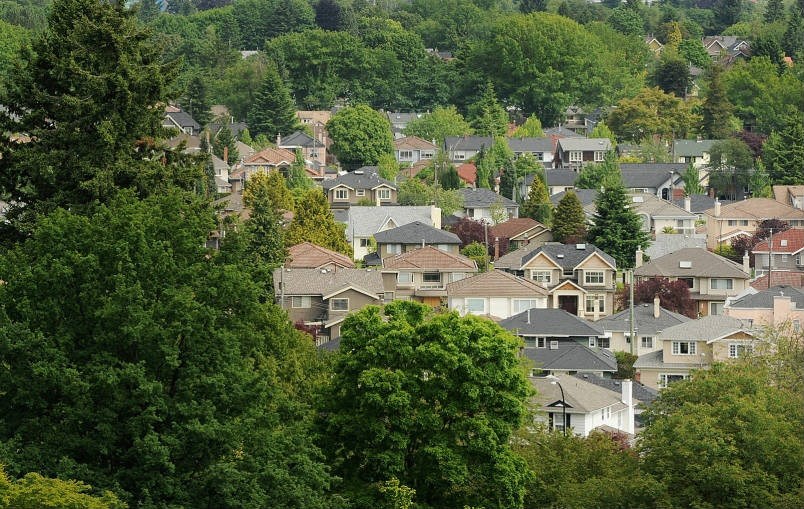A report issued Monday by the B.C. government indicates among the households that are paying the speculation and vacancy tax, satellite families remain the top contributors as they also hold the priciest properties.
Last year, the provincial government raked in $81.9 million on the tax, which must be paid by property owners who leave their non-primary residence vacant for more than half the year or by individuals who report more worldwide income than income earned in Canada, otherwise known as a satellite family.
This year, it expects to receive about $90 million, according to estimates as declarations continue to be received.
Satellite families may be B.C. residents and are not necessarily foreign owners; however, both groups are taxed at two per cent their home’s assessed value whereas B.C. residents and other Canadians are taxed at 0.5 per cent.
Satellite families (called “untaxed worldwide earners” in the report) paid $26.9 million in tax and foreigners paid $21.3 million whereas British Columbians paid $13.6 million and non-B.C. citizens paid $8.4 million (unspecified others paid $11.7 million).
The satellite family household’s average property value was $1.49 million whereas that of a B.C. resident was $1.26 million.
Although they pay a lower rate, B.C. residents (2,823) and non-B.C. Canadians (1,186) still outnumbered foreign owners (698) and satellite families (857), in terms of total number of taxpayers.
Most exemptions apply to those residing in their homes (1.37 million) and to owners who rent to long-term tenants (402,000). Other minor exemptions apply to properties under renovation and construction, recently acquired homes, vacant new inventory and estates in trust following an owner’s death.
“The stated goal of the tax is to incentivize people living and working in B.C. and disincentivize empty homes. The report asserts the tax has “contributed to the addition of approximately 20,000 condo units to the long-term rental market in Metro Vancouver.”
The tax was applied to 8,791 non-exempt owners but applied to 6,606 properties, suggesting a portion of taxpayers own multiple homes.
The vast majority of income was generated in Metro Vancouver, at $60.8 million. Victoria’s Capital Region generated $11.4 million, the Central Okanagan generated $6.1 million, the Fraser Valley pulled in $2.5 million and Nanaimo accounted for $1 million.
The geographic reach of the tax continues to grow, the report notes: Homeowners in North Cowichan, Duncan, Ladysmith, Lake Cowichan, Lions Bay, and 麻豆社国产will all be required to submit a declaration form in 2024. And in 2025 the same will apply to homeowners in: Vernon, Coldstream, Penticton, Summerland, Lake Country, Peachland, Courtenay, Comox, Cumberland, Parksville, Qualicum Beach, Salmon Arm, and Kamloops.
Those declarations require a homeowner to declare principle residency, or not, and require a social insurance number as well — a matter that’s been deemed appropriate by the Office of the Information and Privacy Commissioner.


